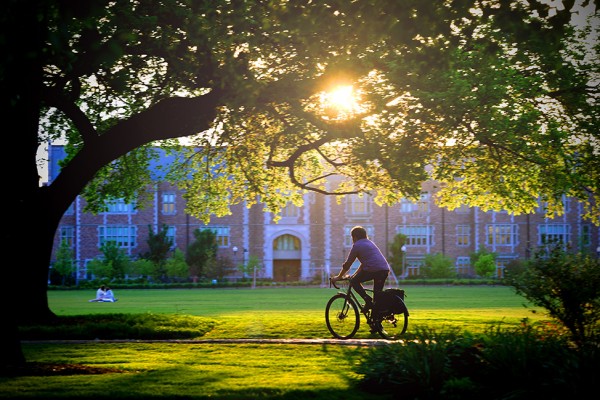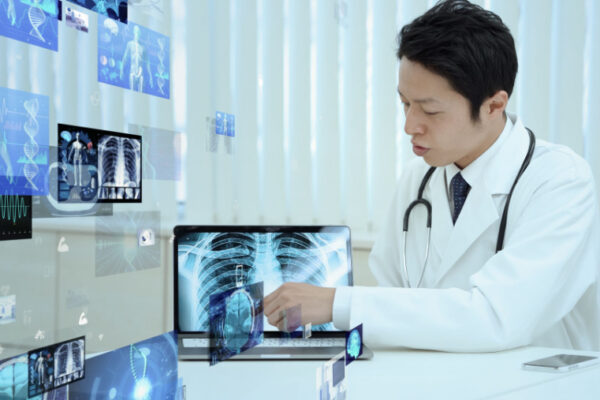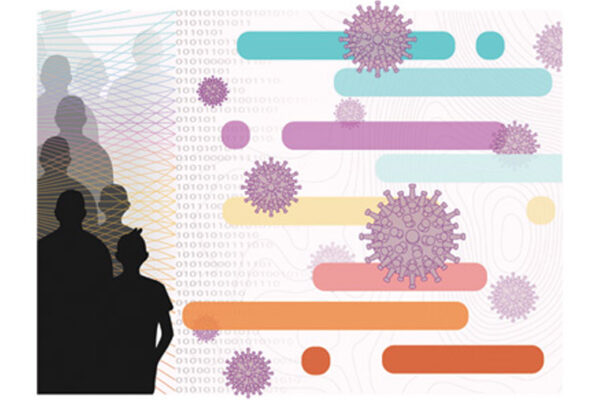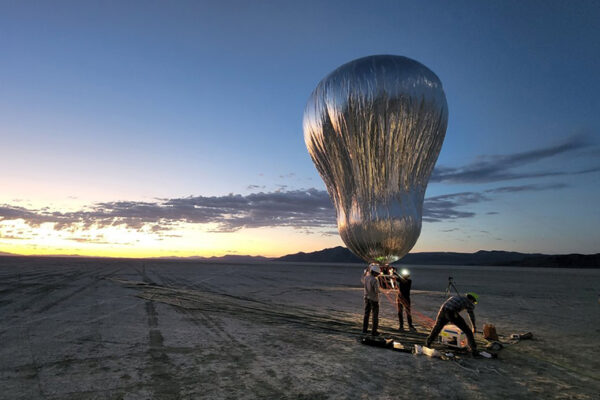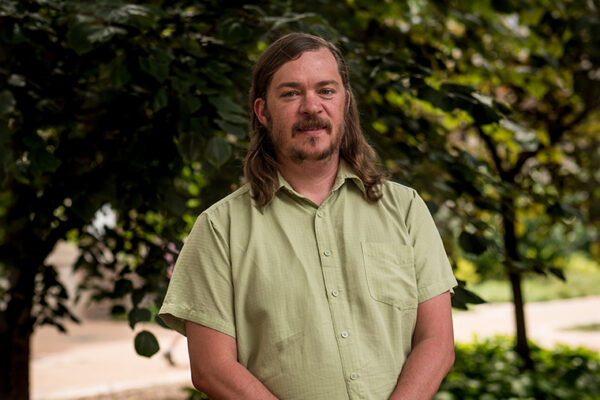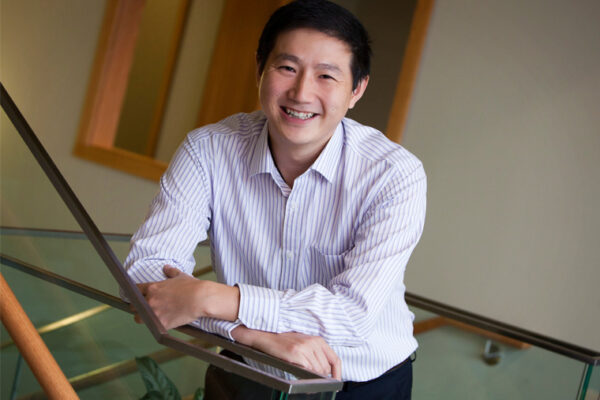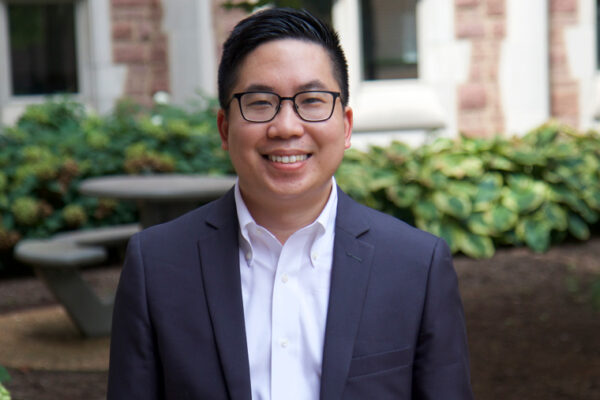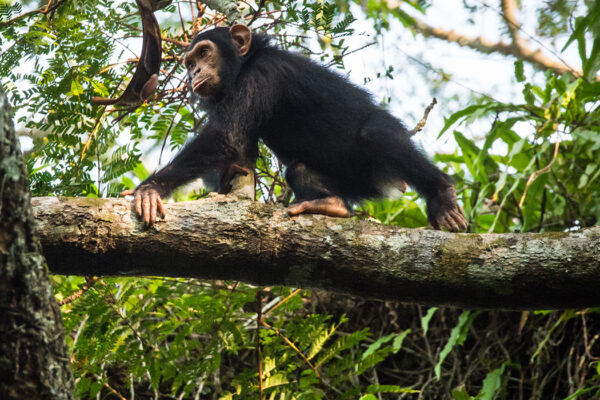Take part in Active Transportation Month activities
As part of Active Transportation Month in October, the Sustainability, Parking & Transportation, and Operations & Facilities Management offices are hosting two commuter fairs and a commuter challenge starting Monday, Oct. 17.
COVID messaging: caring or condescending?
Research from the lab of Brian Carpenter, in Arts & Sciences, suggests older adults understood that sometimes-unflattering COVID-19 messaging came from a place of caring and compassion.
NIH grant supports Jha’s work on ethics of AI in imaging
A $314,807 grant from the National Institutes of Health (NIH) will support Abhinav Jha’s interdisciplinary work looking at the ethics of artificial intelligence implementation in the medical sphere.
Before test results, signs of COVID-19 are in water systems
Research from the lab of Fangqiong Ling at the McKelvey School of Engineering finds SARS-CoV-2 material in wastewater reflects illnesses in communities. It also helps establish guidance for future studies.
Venus balloon prototype aces test flights
Paul Byrne, associate professor of earth and planetary sciences in Arts & Sciences, is a science collaborator for a prototype aerial robotic balloon, or aerobot, built by NASA’s Jet Propulsion Laboratory and the Near Space Corp.
Carlson to study neuroplasticity, behavioral evolution
Bruce Carlson, professor of biology in Arts & Sciences, recently won a $980,000 grant from the National Science Foundation to study neuronal plasticity and the evolvability of animal behavior.
Engineering faculty collaborate on yeast research
Yixin Chen will work with two McKelvey School of Engineering alumni on a collaborative project with the U.S. Department of Energy and Lincoln University to improve biomanufacturing.
Engineering faculty awarded $10.7M in federal energy grants
McKelvey School of engineering faculy Zhen (Jason) He, Young-Shin Jun, Vijay Ramani and Fuzhong Zhang will lead new projects focused on clean energy technologies thanks to $10.7 million in new funding, collectively, from the U.S. Department of Energy.
Lai receives Templeton grant to develop anti-bias intervention strategies
Arts & Sciences’ Calvin Lai received a $230,000 grant from the Templeton World Charity Foundation to lead an interdisciplinary effort to develop discrimination interventions.
Study reports first evidence of social relationships between chimpanzees, gorillas
Drawn from more than 20 years of observations at Nouabalé-Ndoki National Park in the Republic of Congo, a long-term study led by primatologist Crickette Sanz in Arts & Sciences documented social ties between individual chimpanzees and gorillas that persisted over years and across different contexts.
Older Stories
